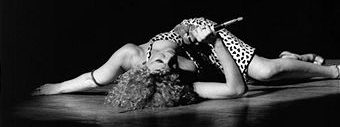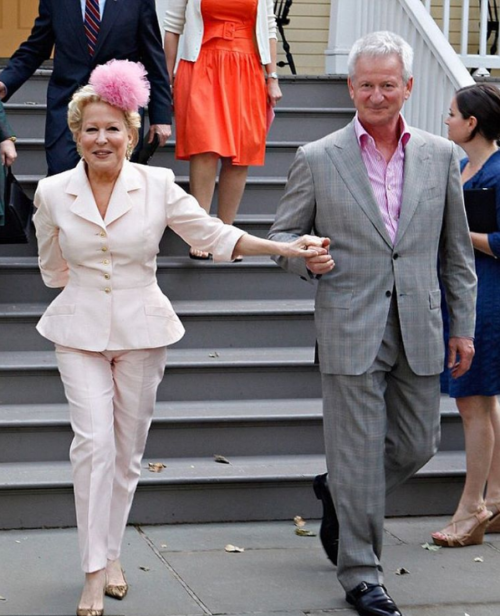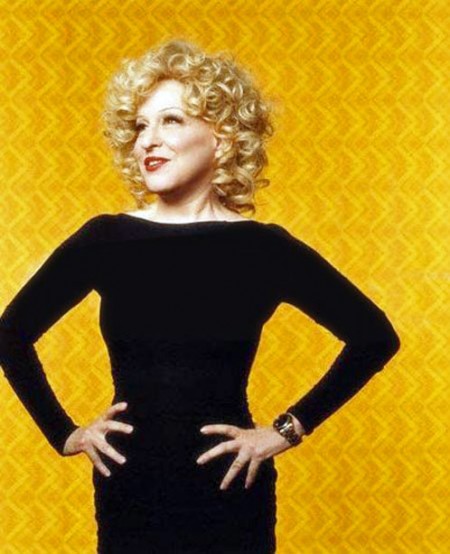The Hollywood Rep
Casting By: Toronto Review
9/15/2012 by David Rooney
The Bottom Line: A celebratory assessment of casting maverick Marion Dougherty’s extraordinary career, and of a generally underappreciated film-industry profession.
Venue: Toronto Film Festival (Mavericks; HBO Documentary Films)
With: Marion Dougherty, Lynn Stalmaster, Ellen Lewis, Juliet Taylor, Martin Scorsese, Woody Allen, Robert Redford, Robert De Niro, Clint Eastwood, Al Pacino, Bette Midler
Director: Tom Donahue
Tom Donahue’s documentary chronicles the evolution from studio contract players to the boom in the 1970s of creative casting, with Marion Dougherty leading the charge on that shift.
TORONTO ”“ The fact that casting is the only main-title film credit not recognized with an Oscar category is a sore point raised with eloquence in Tom Donahue’s highly entertaining documentary Casting By. Primarily a tribute to trailblazing New York casting director Marion Dougherty, but by extension to the entire, largely unsung profession, this is an illuminating close-up on a vital cog in the moviemaking machine and a fresh perspective on key episodes in the birth of the New Hollywood.
HBO picked up U.S. TV rights to the film out of Toronto, but the wealth of scintillating research here and the impressive lineup of major-name talking heads will also make this a strong DVD item for film industry obsessives worldwide.
Right off the bat Donahue and ace editor Jill Schweitzer make the case that casting directors should be considered partners in the creative process by hauling in such heavyweights as Woody Allen, Martin Scorsese, Robert Redford and Robert De Niro for support. While Norman Jewison and others point out that in the old days, casting was a more organizational function that involved shuffling studio contract players into roles according to type and salary scale, it was Dougherty who raised the stock of the job.
The doyenne of a breed that includes such casting vets as Juliet Taylor, Ellen Lewis and West Coast counterpart Lynn Stalmaster, all of whom put in screen time here, Dougherty pioneered a shift to choices based not on looks or cookie-cutter personae but on the ability to create a character.
Honing her skills on Kraft Television Theatre, and later on Naked City and Route 66, Dougherty trawled Off Broadway and acting schools, finding talents like James Dean, Robert Duvall, Al Pacino, Dustin Hoffman, Maureen Stapleton, Christopher Walken and Gene Hackman. She cut her teeth working with television directors who would go on to major film careers, among them George Roy Hill, Sidney Lumet and Arthur Hiller. The rapid assembly of footage and stills from these early years shows the staggering array of fresh talent Dougherty tapped.
While she died in 2011, Donahue’s interview with Dougherty forms the spine of the film. She attributes her success to “gut instinct,” never letting a bad audition or disastrous first day of shooting (as in Dean’s case) blind her to whatever potential she had intuited.
Jon Voight speaks frankly about botching his first job on Naked City and then being championed five years later by Dougherty for Midnight Cowboy over the more established Michael Sarazzin. A hilarious clip of a barely intelligible 22-year-old Warren Beatty on a Kraft drama backs up Dougherty’s advice to his agent that he should lose the Brando mumble.
Via her work with Hill, Dougherty took her New York approach to Hollywood. The high points of that association were Butch Cassidy and the Sundance Kid and The Sting, but one of the best stories concerns the casting for Hill of Hawaii and an unexpected appearance by Bette Midler. Other choice anecdotes cover everything from The Last Picture Show to The World According to Garp.
Both before and after Dougherty’s physical move to Los Angeles, the film conveys a vivid sense of her New York brownstone offices as a hub of creativity and a magnet for eccentric talent. That building provided fuel for the most exciting decade in postwar American movies.
While Dougherty is very much the film’s focus, Stalmaster’s work is also heralded. There are great stories about casting The Graduate (Buck Henry recalls Redford testing opposite Candice Bergen: “It was more blonde than any human should be asked to accept”); and finding the Appalachian banjo-playing kid for Deliverance. It’s thrilling to gain insight into how these iconic movies came together. Jeff Bridges and John Travolta are among those offering wry recollections of their early experiences in Stalmaster’s casting pool.
Dougherty’s studio years ”“ as head of casting first at Paramount and then Warner ”“ are recalled with a sting. But a high points was her invention of a modern-day Abbott and Costello in Mel Gibson and Danny Glover for the Lethal Weapon franchise. Glover, whose role was not written for a black actor, calls Dougherty, “Someone who sees something in you before you even see it in yourself.”
Building evidence that the importance of casting is and always has been marginalized, the film recaps Dougherty’s struggle to get her first single-card title credit ”“ on Slaughterhouse-Five, a few years after Stalmaster had broken that barrier with The Thomas Crown Affair. But her lack of a credit because of a dispute on Midnight Cowboy was a lasting wound; producer Jerome Hellman confesses that it continues to eat away at him 45 years later.
Without hammering the issue, the closing section reflects on the lack of respect given to the role of the casting director, much of it stemming from misperceptions about what the job entails. Seemingly untroubled about coming across as a pompous protectionist, DGA president Taylor Hackford sounds off about the inappropriateness of the word “director” attached to casting, or even in describing a cinematographer as “director of photography.” Hackford’s insistence that the director is the sole person whose creative vision matters seems somewhat rigid in what is unquestionably a collaborative art form, as so many other directors here attest.
While the Emmys have Outstanding Casting categories, the Oscars remain resistant, and bids to change that over the years have failed. More surprisingly, a 1991 campaign to get Dougherty the Honorary Lifetime Achievement Oscar, led by a stellar roster of producers, actors and directors, was also nixed. Donahue’s tribute to her game-changing career is perhaps a bid for posthumous reconsideration.
Handsomely packaged, with some nifty use of colorization to highlight key figures in b&w stills, Casting By makes just one notable misstep. Running sappy “Thank you, Marion” interview clips over the end credits reiterates in unnecessarily sentimental terms the gratitude and acknowledgment that have been warmly evident throughout.
Venue: Toronto Film Festival (Mavericks; HBO Documentary Films)
With: Marion Dougherty, Lynn Stalmaster, Ellen Lewis, Juliet Taylor, Martin Scorsese, Woody Allen, Clint Eastwood, Glenn Close, Robert Duvall, Jeff Bridges, Al Pacino, Robert De Niro, Diane Lane, Jon Voight, Bette Midler, John Travolta, Robert Redford, John Lithgow, Ed Asner, Ned Beatty, Peter Bogdanovich, Jeff Bridges, Mel Gibson, Danny Glover, Taylor Hackford, Paul Haggis, Buck Henry, Norman Lear, John Sayles, Jerry Schatzberg, Terry Semel, Cybill Shepherd, Oliver Stone
Companies: Our8’s, Kate Lacey, Creative Chaos, Genmaicha, in association with Tashtego Films
Director: Tom Donahue
Producers: Kate Lacey, Tom Donahue, Ilan Arboleda, Joanna Colbert
Executive producers: Steve Edwards, Ed Durkin, John Balis
Director of photography: Peter Bolte
Music: Leigh Roberts
Editor: Jill Schweitzer
Sales: Submarine Entertainment
No rating, 89 minutes







